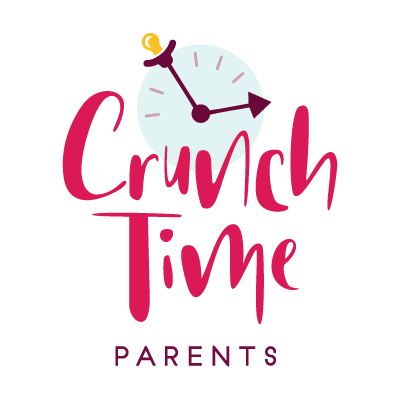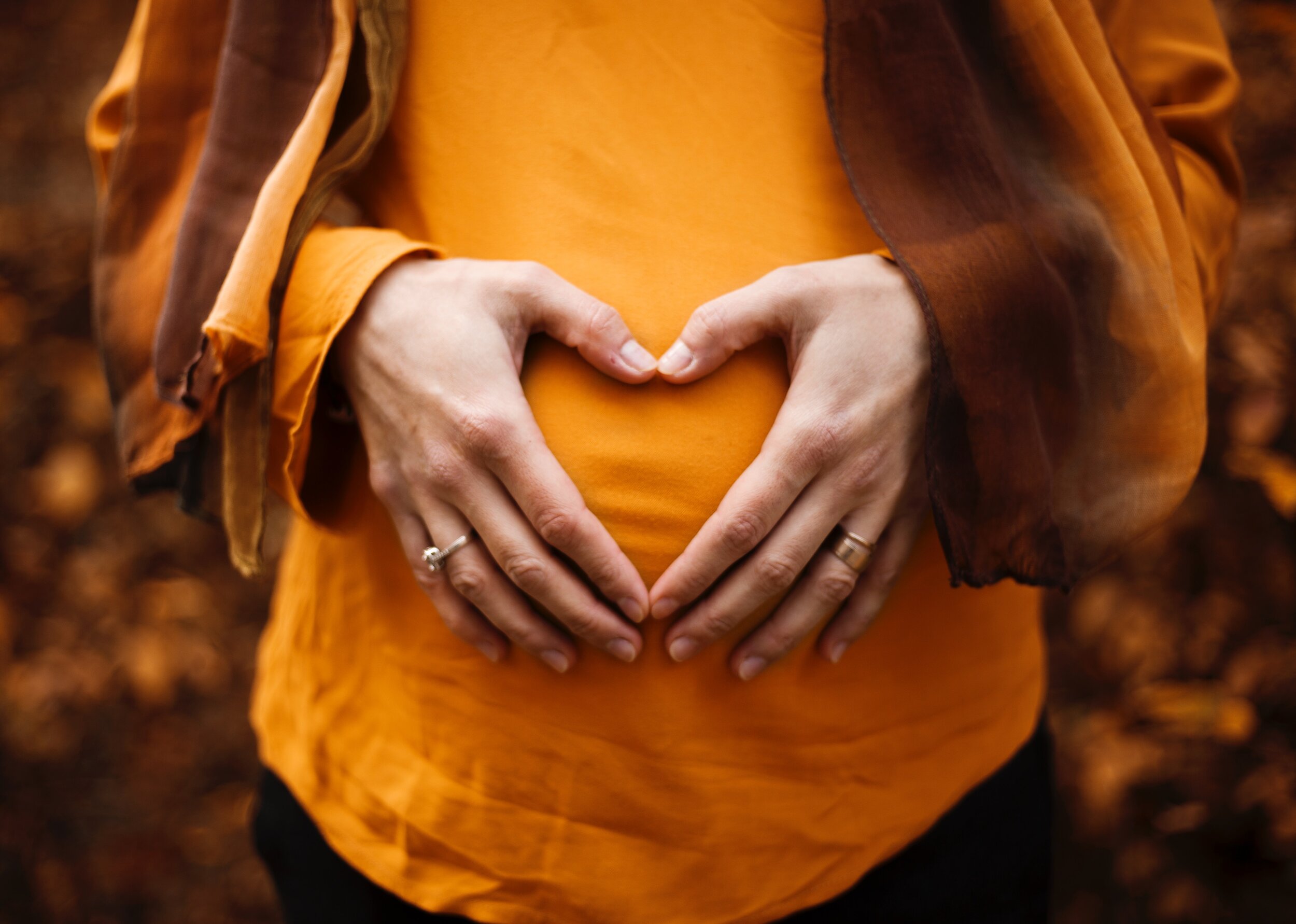What Every 40+ Pregnant Woman Needs: More Clarity, Less Hype
/If you want to get attention in a headline about pregnancy, use the words "severe" and "morbidity." This new report, in the August 2017 edition of OBG Management, rings all the familiar alarm bells: "Are women of advanced maternal age at increased risk for severe maternal morbidity?" the headline asks. The article doesn't keep us in suspense for long. The immediate answer it offers up is: "Yes."
The new report is scary, sure. But although it seems based on a rigorous study, the results are framed in a way that creates more panic than seems necessary. The gist of the new study is this: It looked at around 825,000 pregnancies in Washington State, divided by age group, and found that women over 40 are at a higher risk of "maternal morbidity." To be exact, according to the report, the rate of "severe maternal morbidity and mortality was 2.1% in teenagers, 1.5% among women 25 to 29 years, 2.3% among those aged 40 to 44, and 3.6% among women aged 45 and older." (Women 30-40 aren't mentioned here for some reason. Also, note that teenagers have a higher risk than many older women.)
Yes, a 3.6% morbidity rate is significantly higher than 1.5%. But based on the headline alone, and without understanding more about the study, it's easy to imagine that the morbidity rate would be much higher than that. How much should that rate affect your decision to have an "advanced maternal age" pregnancy? Does it depend on your own health and many other factors? If you're having a baby in your late 30s or beyond, it's important to get the latest facts and weigh all the potential risks involved, of course.
Talk to your OB-GYN, if you trust his/her perspective on the issue, and do as much additional research as you can. You might also want to talk to more than one obstetrician, since as always with medicine, if you ask five different doctors you'll likely get five different opinions. It's also worth reading that whole article above (you'll need to create a quick log-in first.)
We need the medical community and our health practitioners to communicate study results and risks clearly, instead of just scaring the bejeezus out of patients without any context. Women of "advanced age" who plan to have a baby must be informed about what they're potentially facing. But they also have a high chance of everything turning out OK, and they need to be counseled by doctors who are giving out the soundest, most up-to-date perspectives possible, in the right context—and aren't just spouting alarmist propaganda. Because as we know all too well, there's no shortage of judgment and hysteria around the issue as it is.



















